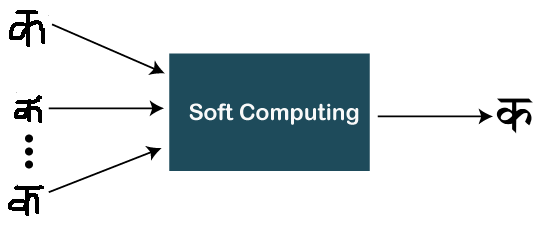Soft Computing

Soft computing is a branch of computer science that focuses on the development of algorithms and techniques inspired by human reasoning and decision-making processes. Unlike traditional computing approaches that rely heavily on precise mathematical models and binary logic, soft computing techniques deal with uncertainty, imprecision, and partial truth. Soft computing methods are particularly useful for solving complex problems in domains where traditional methods may struggle, such as pattern recognition, optimization, control systems, and artificial intelligence.
Soft computing encompasses several subfields, including:
Fuzzy Logic: Fuzzy logic deals with reasoning that is approximate rather than precise. It allows for the representation of uncertainty and ambiguity by assigning degrees of truth to statements or propositions.
Neural Networks: Neural networks are computational models inspired by the structure and function of biological neural networks in the human brain. They are used for tasks such as pattern recognition, classification, and regression, and are capable of learning from data.
Evolutionary Computation: Evolutionary computation algorithms, such as genetic algorithms, evolutionary programming, and genetic programming, are inspired by the process of natural selection and evolution. They involve generating and evolving a population of candidate solutions to a problem over multiple generations.
Probabilistic Reasoning: Probabilistic reasoning techniques, including Bayesian networks and probabilistic graphical models, are used to model uncertainty and make decisions based on probabilities.
Soft computing techniques are often combined or integrated to create hybrid systems that leverage the strengths of multiple approaches. These methods are applied in various real-world applications, including robotics, image and speech recognition, data mining, optimization, and control systems. Soft computing has contributed significantly to the development of intelligent systems capable of handling complex, real-world problems in diverse domains.
Thank you,